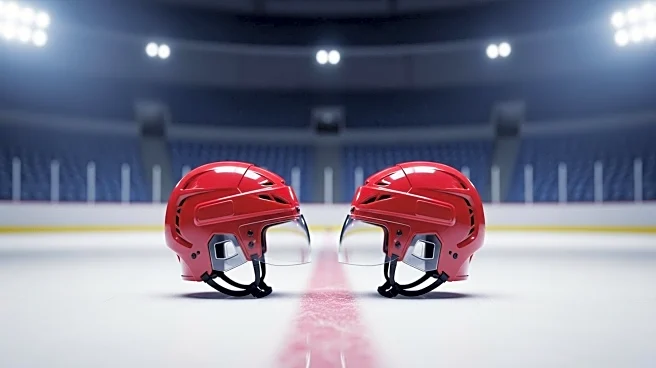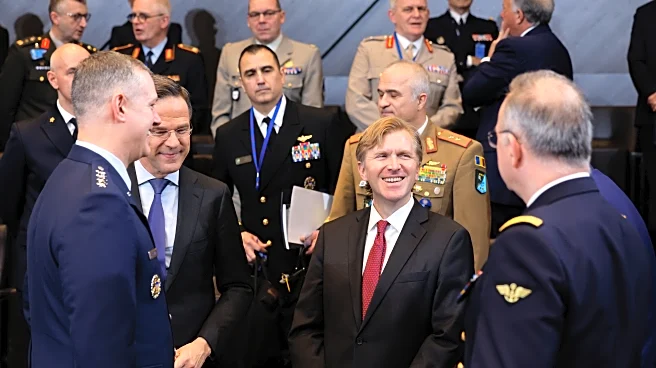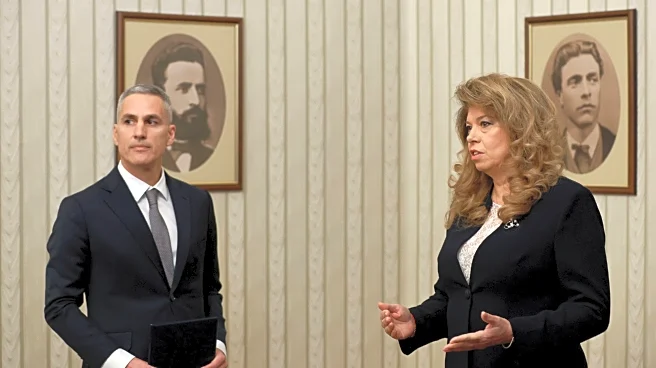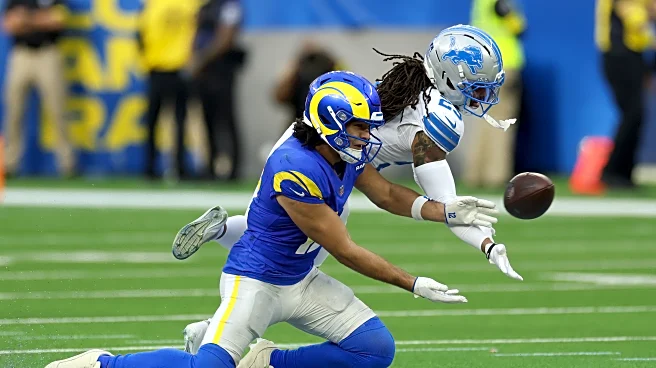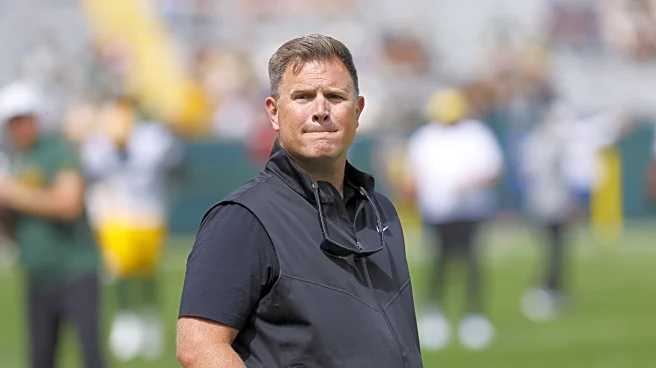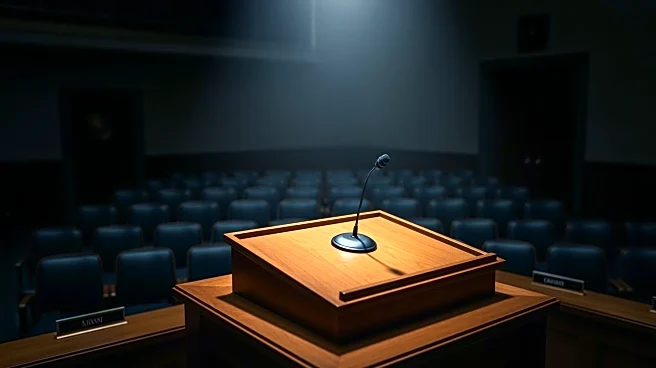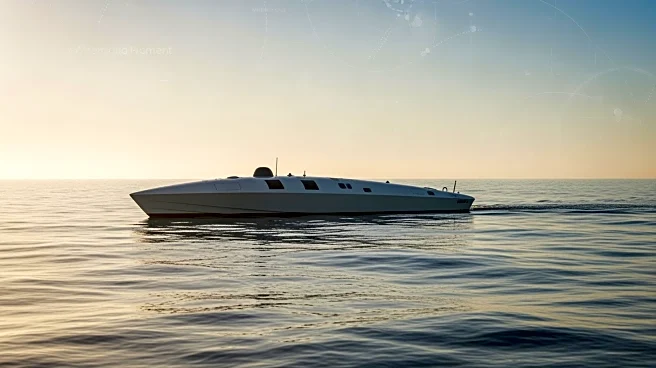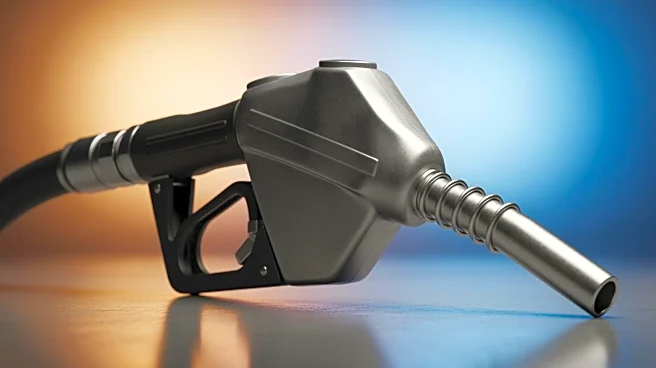What's Happening?
Several prominent NHL players have changed teams through trades or free agency, setting the stage for their first matches against former teams in the 2025-26 season. Brad Marchand, who spent 16 seasons with the Boston Bruins, was traded to the Florida Panthers and will face his former team on October 21. J.T. Miller, previously with the Vancouver Canucks, was traded to the New York Rangers and will return to Vancouver on October 28. John Gibson, a long-time goalie for the Anaheim Ducks, will play against his former team as a member of the Detroit Red Wings on October 31. K'Andre Miller, formerly a defenseman for the New York Rangers, was traded to the Carolina Hurricanes and will face the Rangers on November 4. These players are among several who will experience the unique challenge of competing against their former teams for the first time.
Why It's Important?
These trades and subsequent matchups are significant for both the players and the teams involved. For the players, facing their former teams can be emotionally charged and may impact their performance. For the teams, these games offer a chance to assess the impact of their trade decisions and how new players integrate into their systems. The movement of high-profile players like Marchand, Miller, and Gibson can also influence team dynamics and fan engagement, as supporters react to seeing familiar faces in new uniforms. Additionally, these trades can affect team strategies and standings, as the players bring their skills and experience to new environments, potentially altering the competitive landscape of the league.
What's Next?
As the season progresses, these players will continue to adapt to their new teams and roles. Their performances in these key matchups will be closely watched by fans and analysts, potentially influencing future trade decisions and contract negotiations. Teams will evaluate the success of these trades based on player contributions and team performance, which could lead to further roster changes. The outcomes of these games may also impact playoff positioning and team morale, as players strive to prove their value in new settings.
Beyond the Headlines
Beyond the immediate impact on the ice, these trades highlight broader trends in the NHL, such as the increasing mobility of players and the strategic importance of trades in team building. The emotional and psychological aspects of facing former teams can also affect player performance and team cohesion. These developments may prompt discussions about loyalty, team culture, and the business side of professional sports, as players navigate the complexities of changing teams and fan expectations.
